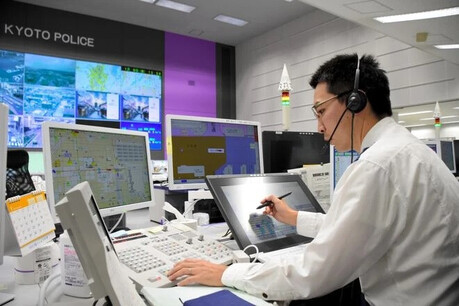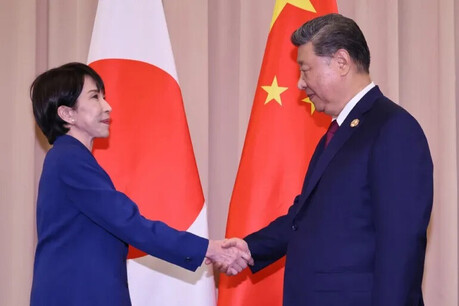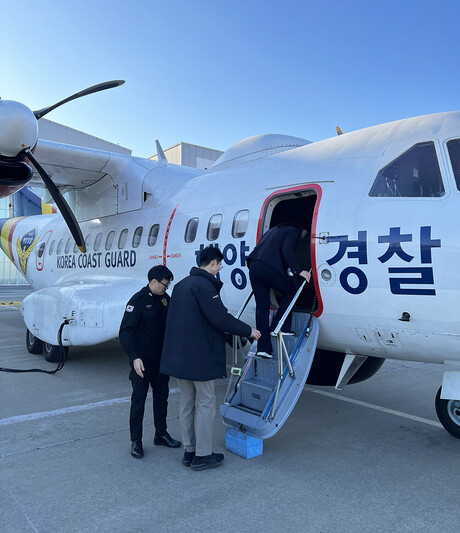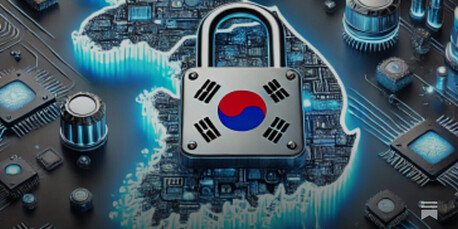
Seoul, South Korea – Major South Korean conglomerates and economic organizations have called for “innovation and change” as their top priorities this year of the Black Snake. These business leaders are urging for structural reforms in the Korean economy, long-term strategic planning, and improvements in operational efficiency.
Chey Tae-won, chairman of the Korea Chamber of Commerce and Industry and SK Group, emphasized the need for a "renewal spirit," stating that "like a snake shedding its skin, the Korean economy must be reborn." He called for fundamental changes across the board, beyond simple cost-cutting and efficiency improvements, and urged the establishment and execution of long-term strategies.
Koo Kwang-mo, chairman of LG Group, outlined his company's direction in a digital video message. He emphasized the importance of continuous innovation and change, stating, "Just as countless moments of challenging new frontiers and creating unprecedented value have shaped LG, our path forward is clear." He shared LG's vision for the future, focusing on areas such as artificial intelligence, robotics, and clean technology.
Samsung, in a joint message from vice chairmen Han Jong-hee and Jeon Young-hyun, also emphasized the need for change and renewal. They stated, "Without change, there can be no innovation or growth." They called for the elimination of interdepartmental conflicts, hierarchical barriers, and inefficient and conventional work practices.
Key economic organizations echoed the call for change. Ryu Jin, chairman of the Korea Employers Federation, emphasized the importance of entrepreneurship as a driving force for overcoming challenges. Yoon Jin-sik, chairman of the Korea International Trade Association, highlighted the need for structural reforms to address declining working-age populations and slowing potential growth rates. Son Kyung-sik, chairman of the Korea Federation of Industries, called for reforms to outdated laws and regulations, as well as changes to working hours and wage systems.
These calls for change reflect the challenging domestic and international economic environment. Externally, the companies face threats from the second Trump administration, intensifying US-China tensions, a global economic slowdown, and prolonged high-interest rates. Internally, challenges include a declining potential growth rate, weakened domestic demand due to high inflation and interest rates, and intensifying technological competition. An industry official explained that in the face of these challenges, companies are seeking to strengthen their competitiveness and undergo structural transformations through innovation to ensure both survival and growth.
[Copyright (c) Global Economic Times. All Rights Reserved.]





























